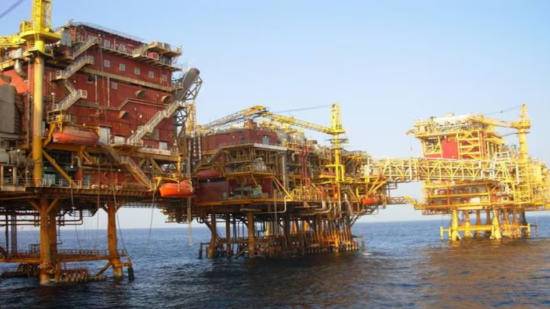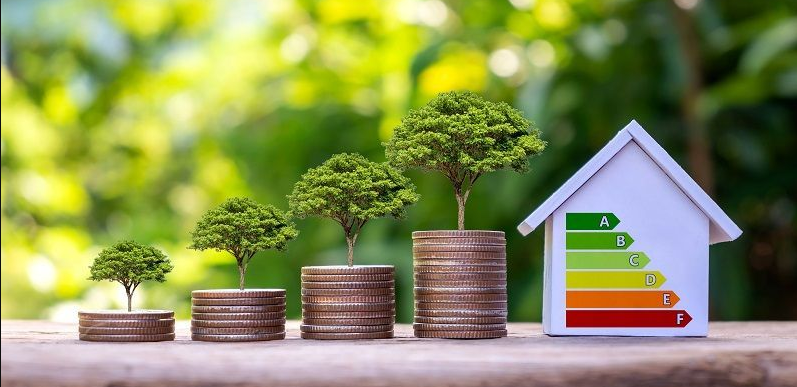
Prospects on discovery of India’s oil reserves
- December 16, 2023
- 0
India is the world’s third largest importer of crude oil after the European Union and China. The share of oil imports in India’s consumption increased to 87.3 percent in the year 2022-23, which is 23.6 percent of India’s total imports.
Oil and gas imports not only deplete foreign exchange reserves but also lead to strategic insecurity as reflected in geopolitical crises such as the Iraq War, sanctions imposed on Iran and the ongoing Russia-Ukraine conflict. Because of this, India is being asked to pay for Russian oil in Chinese Yuan.
Control over large oil reserves can give a country a better position than other countries, especially those countries that are heavily dependent on oil imports. Countries rich in oil reserves can gain an advantage over other oil-importing countries by controlling production volumes, prices, and restrictions on access.
India’s dependence on other countries for oil is because oil fields have been discovered on a limited scale here. However, India has seen relatively more success in terms of oil exploration in offshore areas, such as the Bombay High and Basin oil fields discovered in the 1970s and later in the Krishna-Godavari Basin and Gulf of Khambhat in the 2000s.
India’s Exclusive Economic Zone (EEZ), covering a vast area of about 23.6 lakh square kilometres, shares similar land strata and has the potential to yield much greater oil reserves than have been discovered so far.
Some unverified reports suggest the Bay of Bengal has reserves of 30 billion tonnes of oil (TOE), 2.5 times Iraq’s reserves and almost equal to Saudi Arabia’s. If we look at rough estimates, according to this, the undiscovered oil resources in India’s EEZ is more than 7.4 BTOE, which is enough to meet the needs for more than 50 years. However, India has so far failed to explore these oil-gas reserves and has continued to insist on oil imports.
India, especially through its green renewable energy projects, is trying to produce more oil and gas than it consumes. If the global goal of net zero emissions is not met by 2050, we could see a significant decline in demand for bio fuels over the next 30 to 50 years. In such a situation, India can take advantage of its reserves and export oil and gas. This will be an important factor of change in this game.
India failed to explore its oil reserve for many decades. In such a situation, there is no point in expressing regret over missing the opportunity. This early phase of Ammit Kaal given hope for oil security and new strategic options for India.
































































